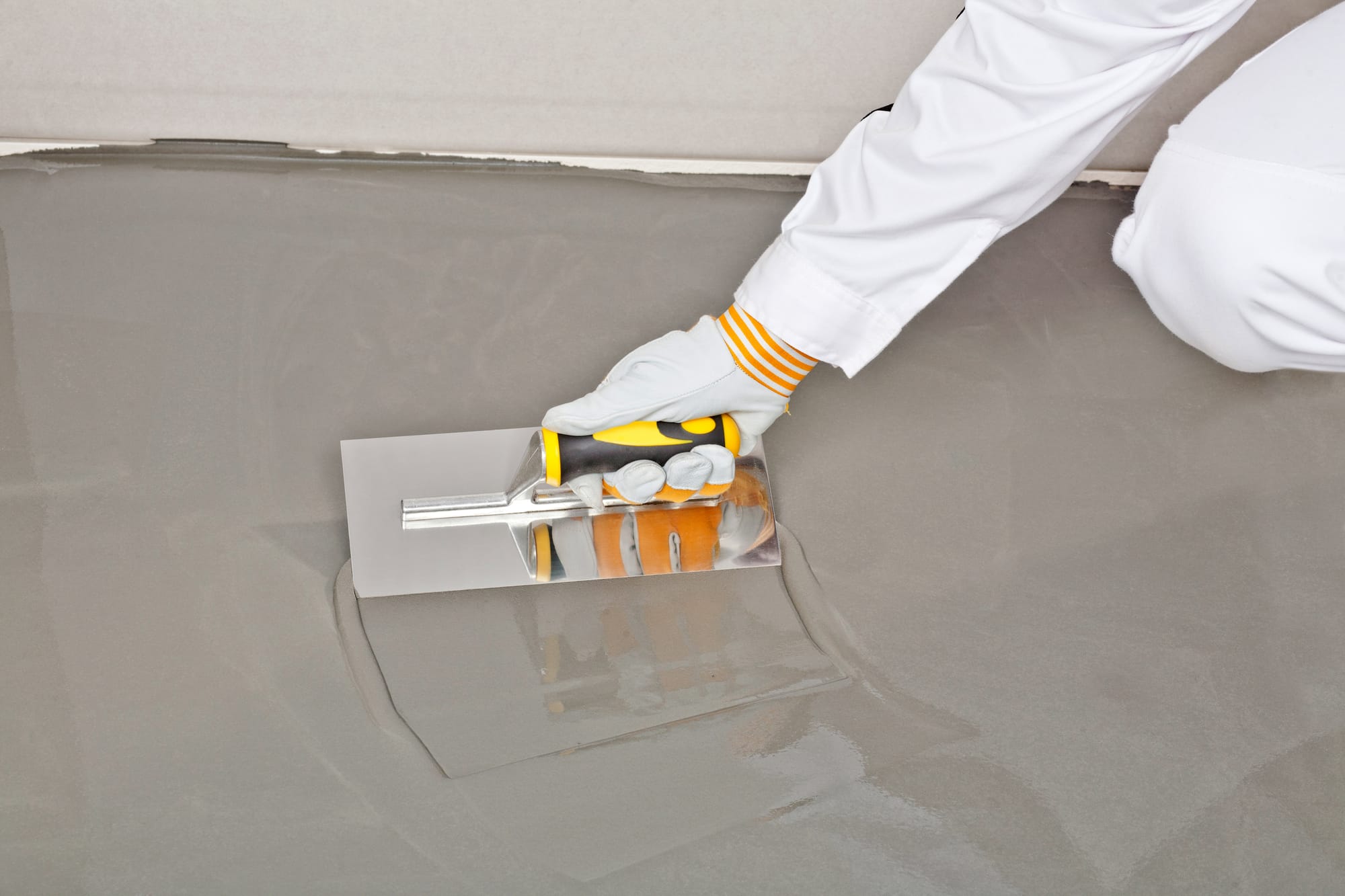Concrete is one of the most popular construction materials in the world – and for good reason. Not only is it an incredibly durable material, it’s extremely versatile. This makes it perfect for myriad applications. It’s for these reasons – as well as its cost and low-maintenance – that the team at Everlast Services are concrete aficionados. We use it in almost every project we undertake.
Concrete has been around in some form or another for thousands of years. It has come a long way since its initial creation and will undoubtedly continue to develop and improve in the future. So, where and when did it begin? What are its current uses? And, what does the future hold?
Past
Concrete has a long history, dating back thousands of years. Crude forms of modern cement – which is one of its key elements – date back to around 1300BC in the Middle East. Cement was discovered when builders realised that the damp coating of burned limestone reacted with gases in the atmosphere. The reaction caused the limestone to harden, creating a protective surface.
In China, a form of cement was made using glutinous sticky rice. This substance was even used to help build the Great Wall of China.
Various forms of concrete and cement have been used for thousands of years across countries and cultures, but the most significant development occurred in 1793. It was then that John Smeaton developed a new method for producing hydraulic lime for cement. Using limestone that contained clay, Smeaton created clinkers which he then ground into a powder.
Joseph Aspdin developed concrete as we now know it in 1824. Aspdin found that burning chalk and clay in a kiln to remove carbon dioxide created a cement finish that resembled the high-quality building stones from Portland, England. Thus, this kind of cement was named Portland cement and is the standard used today.
Present
The most widely used man-made material in the world is concrete. The list of applications is practically endless. It includes everything from huge industrial projects, like dams and bridges, to smaller household applications like tiling, pavements, patios and swimming pools.
Just some of the reasons it’s such a popular material include:
- It’s very cost-effective
- It’s durable, versatile and very strong
- A sustainable material, it is ideal for environmentally conscious buildings and infrastructure
- One of concrete’s primary ingredients is limestone, which is the most abundant mineral in the world. This means there is no danger of depletion
- Suitable for pretty much all environments, it is able to withstand extreme weather and is fire-proof. This makes it perfect for bushfire prone areas
- It can be poured into practically any shape, unleashing infinite design possibilities
- Concrete’s thermal mass – its ability to absorb and retain heat – makes it a great insulator
Future
The basic formulation of concrete has remained the same since its inception. But, that doesn’t mean new concrete innovations aren’t constantly being developed. In fact, novel advancements could exponentially improve the production, application and function of concrete.
One of the biggest focus areas for development is reducing the CO2 emissions emitted in manufacture. Another potential innovation in the concrete industry is the use of bio-based materials and elements in the mixtures. For example, one study used nanoplatelets extracted from root vegetables to enhance concrete mixtures.
While the future of concrete is not completely certain, the Everlast team are excited for whatever the future may hold.
Everlast Services Concreting
At Everlast Services, we have been in the industry for over 20 years. This means we have perfected the art of the concrete pour. Our concreting services range from plain concrete driveways to exposed aggregate footpaths to elaborate stencilled concrete.
Whatever your concrete desires may be, we can make them a reality. With our perfect pouring skills, your concrete will last a lifetime without cracking or breaking.
To learn more, or to get a free measure and quote, contact the friendly Everlast Services team today.
